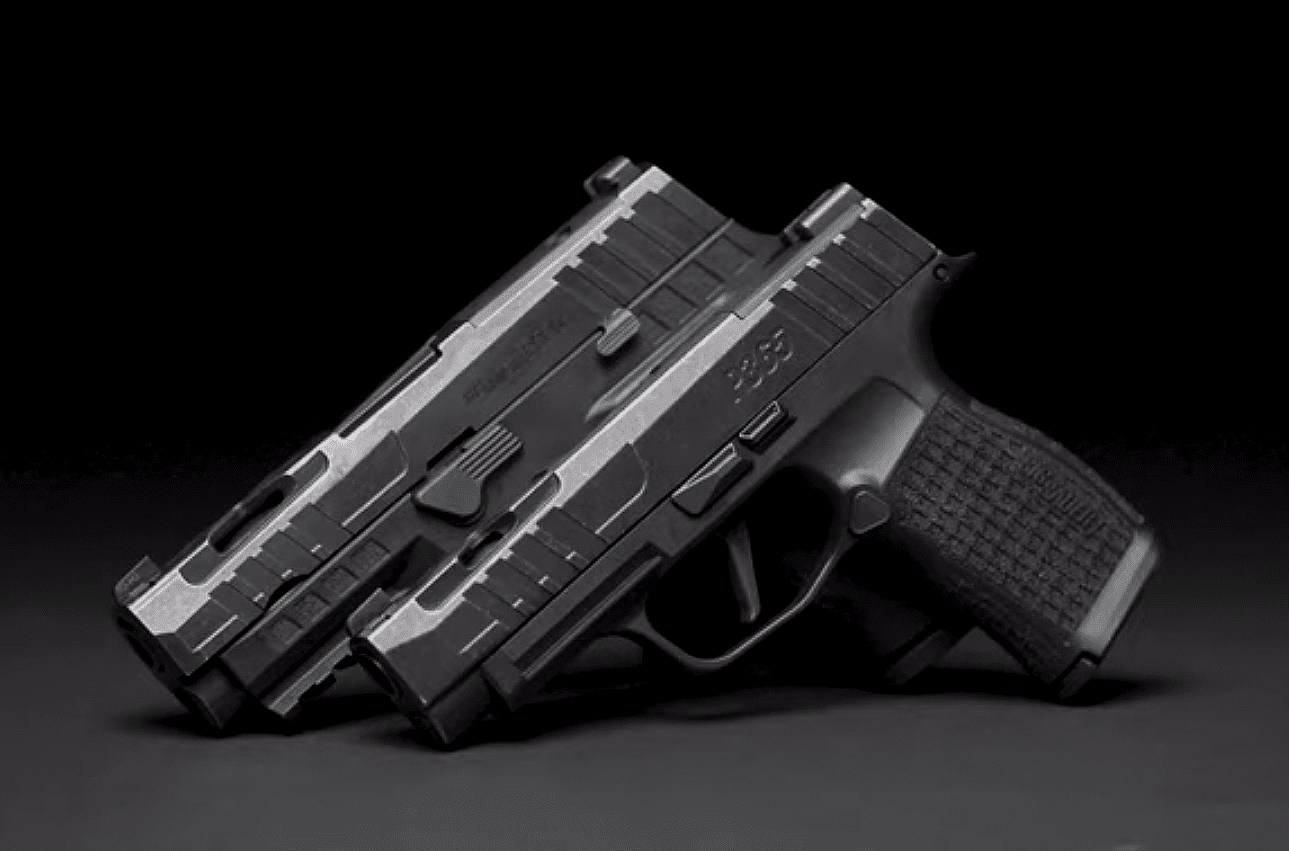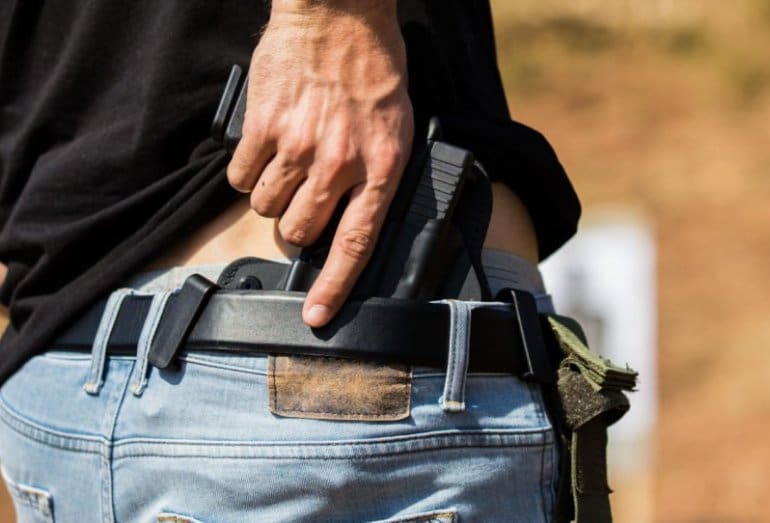Hawaii Gov. David Ige (D) on Thursday signed three new gun control bills into law. Supporters are referring to the laws as “gun safety” measures.
Ghost guns
The first bill, known as HB 1366, amends laws dealing with so-called “ghost guns.” Before this bill was signed into law, it was a Class C felony to manufacture, purchase or obtain non-serialized firearm parts in the state. HB 1366 amended the Class C felony to now include the possession of non-serialized firearm parts.
According to KHON-TV, the bill was introduced to address the “loophole” that existed for those who had the parts before the ghost gun law went into effect. That’s why legislators made possession of those non-serialized parts illegal as well.
“Ghost guns kits can be purchased online by anyone, including prohibited purchasers, domestic abusers and gun traffickers,” State Rep. Patrick Branco told KHON. “I want to reiterate that these weapons do not have a serial number and are virtually untraceable. These firearms evade the permit and registration process and can be easily produced at home without a license or background check.”
This law effectively bans any kits designed to complete an AR-15, even though they lack a lower receiver. This can – and does – include small pieces used to complete a firearm, like triggers and barrels.
Safe storage
The second bill, known as HB 31, changes safe storage requirements. Before the bill was signed into law, Hawaiians were required to lock and store their firearms if there were minors under the age of 16 living in the house. This bill raised that age requirement to 18.
Supporters site suicide rates amongst 16 and 17-year-olds as justification for the legislation.
Crimes against seniors
The third bill, known as HB 490, amends existing laws surrounding crimes against senior citizens. Before the bill was signed into law, enhanced penalties applied to crimes against seniors ages 62 and older. This bill dropped the age to 60.
If supporters of these bills were serious about protecting islanders, they would pass legislation making Hawaii a “shall issue” state. Hawaii is currently a “may issue” state, meaning law enforcement agencies are able to turn down CCW applicants who police feel do not demonstrate an “urgent” or “exceptional” threat to themselves or their property.
Thankfully, Hawaii’s take on CCW applications is being challenged. The Young v. State of Hawaii case is currently making its way through the courts. The plaintiff, George Young, is challenging Hawaii’s “may issue” status. His CCW application was denied when law enforcement concluded “self-defense” was not a valid reason for a permit. Young says the right to self-defense is protected under the Second Amendment.
Young has petitioned the Supreme Court to hear his case.








